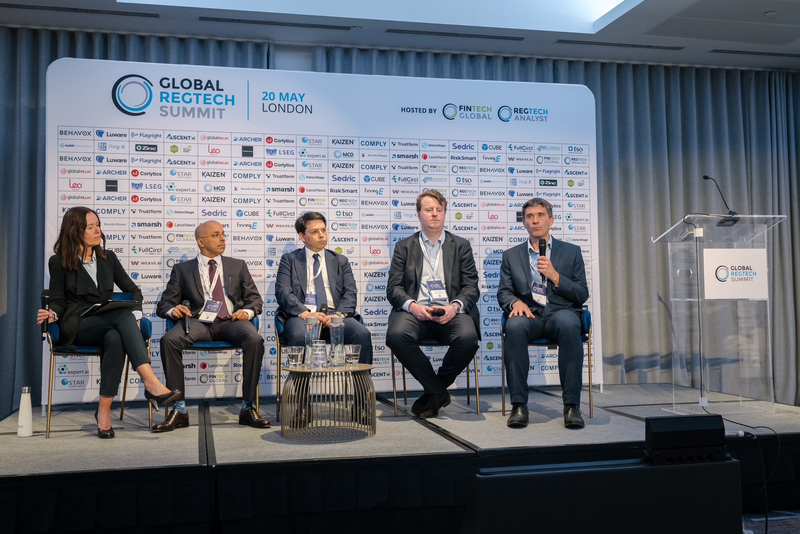Avoiding loopholes in regulatory reporting and making sure the right strategies are in place was the topic of a panel discussion at the Global RegTech Summit 2025 in London.
The panel was chaired and moderated by Leica Ison (The RegTech Association). Panelists included Avinash Shamdasani (bgc), Francesco de Rosa (Northern Trust),
Register for free to keep reading
To continue reading this article and unlock full access to GRIP, register now. You’ll enjoy free access to all content until our subscription service launches in early 2026.
- Unlimited access to industry insights
- Stay on top of key rules and regulatory changes with our Rules Navigator
- Ad-free experience with no distractions
- Regular podcasts from trusted external experts
- Fresh compliance and regulatory content every day












